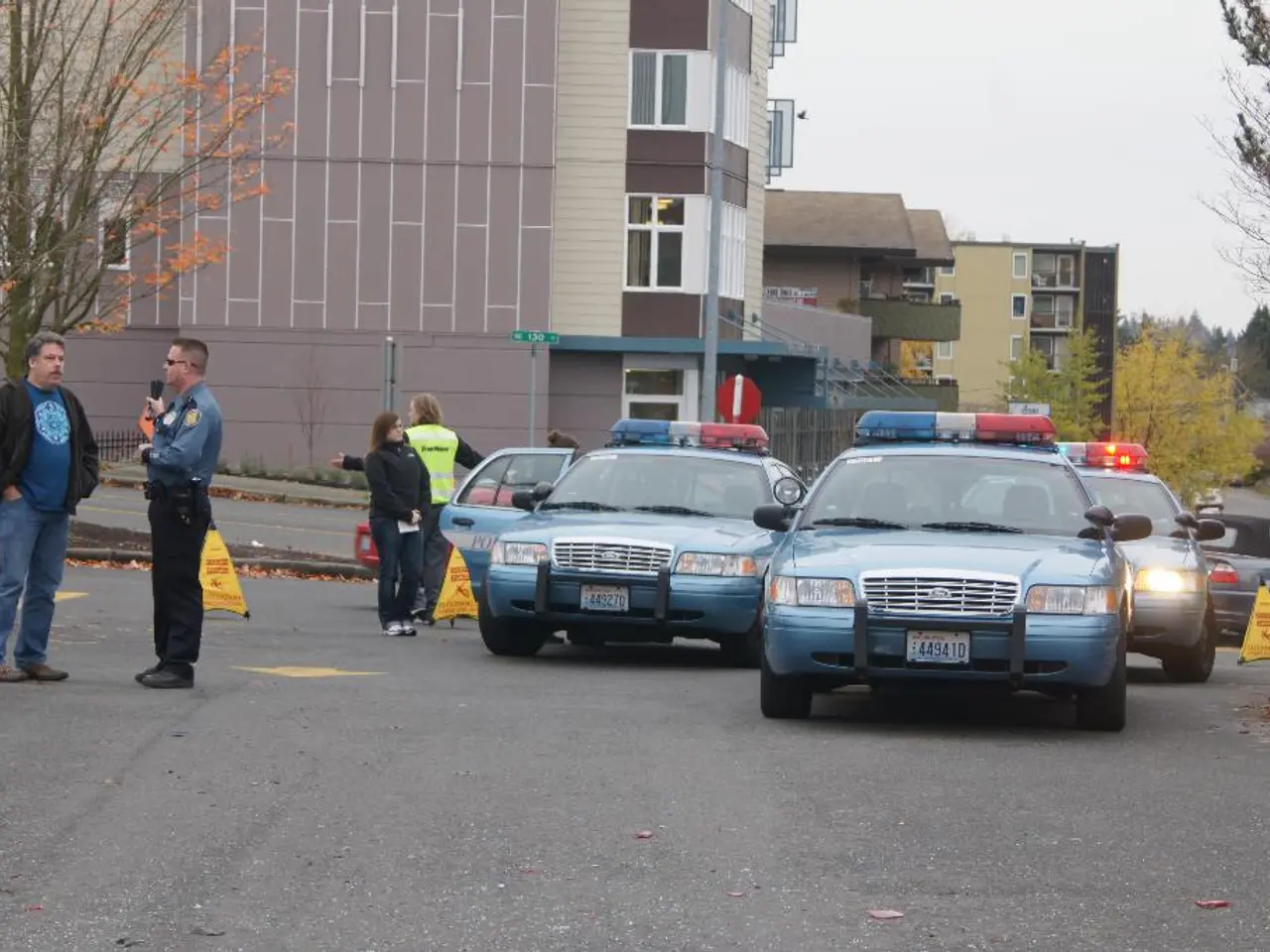Escalation in Israel's Gaza conflict poses potential for severe, devastating repercussions, according to the United Nations.
The ongoing war between Israeli forces and Palestinians in Gaza has raised significant concerns, both domestically and internationally. The potential expansion of Israeli military operations, which could involve a ground offensive to capture Gaza City, threatens to deepen the humanitarian crisis and complicate peace prospects.
For the Palestinians, the potential consequences of such an expansion are dire. Approximately 1 million people may be forced to flee their homes in northern and central Gaza, exacerbating humanitarian crises in the already densely populated region. This displacement could lead to serious violations of international law, such as forced population movement and occupation, as condemned by France and other international actors.
Moreover, the worsening humanitarian situation in Gaza, given its limited resources and existing infrastructure damage from ongoing conflict, is a grave concern. The escalation of tensions could further destabilize the broader Middle East, posing threats to regional stability. Additionally, the occupation and further division of Gaza undermine prospects for viable Palestinian statehood, potentially undermining Palestinian aspirations for a sovereign, contiguous state.
Israeli military leaders have expressed concern for the safety of Gazan civilians and hostages held by Hamas, as well as the toll on Israeli troops. The operation’s complexity and risks are evident, leading international calls for de-escalation, hostages’ release, and resumption of ceasefire talks rather than military expansion.
UN Assistant Secretary-General Miroslav Jenca has warned that expanding Israeli military operations in Gaza could have "catastrophic consequences" for millions of Palestinians. Jenca, who spoke at a Security Council meeting, also stated that there is no military solution to the conflict in Gaza or the broader Israeli-Palestinian conflict.
Over the past 22 months, Israeli forces have devastated large parts of the Gaza Strip, leading to repeated warnings of famine. These warnings have increased pressure on Netanyahu's government to halt the fighting. During a visit to an army training facility, Netanyahu emphasised the need to complete the defeat of the enemy in Gaza, free all hostages, and ensure that Gaza no longer poses a threat to Israel.
As of the current situation, 49 hostages are still being held in Gaza. The conflict in Gaza is part of the broader Israeli-Palestinian conflict, according to Miroslav Jenca. The ongoing war, and the potential expansion of military operations, underscore the urgency for a peaceful resolution to this longstanding conflict.
- The government of Israel faces international criticism due to the potential expansion of its military operations in Gaza, as it could lead to humanitarian crises, violations of international law, and a worsening of the already volatile Middle East situation.
- The health of millions of Palestinians in Gaza is at risk due to the ongoing war and the potential for further military expansion, which could exacerbate the already dire humanitarian situation and pose a threat to regional stability.
- Despite the complexity and risks involved, the ongoing Israeli-Palestinian conflict, particularly in Gaza, is a pressing issue in political discussions worldwide, with the United Nations urging for de-escalation, hostage releases, and a resumption of ceasefire talks rather than military expansion.







